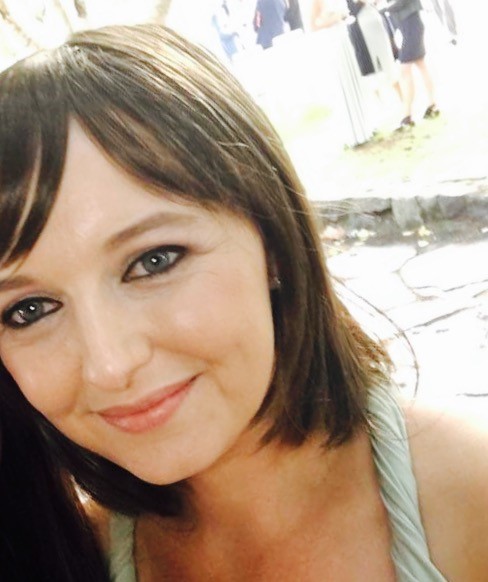-
Headaches are generally accepted as a part of life. And while your first reaction to the onset of one might be to reach for the painkillers, it’s worth trying to first figure out what type of headache it might be.
Tension headache
What is it?
As the name suggests, this headache is brought on by stress or tension resulting in pain on either or both sides of the head. This is the most common type of headache and can often be accompanied by a stiff neck or shoulder muscles. Overworked eyes, a lack of sleep, poor posture and anxiety can also be contributors.
What can you do about it?
If there’s a physical cause, like a recent injury or a musculoskeletal problem, you may want to consult a physiotherapist, chiropractor or osteopath for treatment and advice.
However, sometimes it can be difficult to pinpoint the exact reason for a tension headache. Keep a ‘headache diary’ detailing things leading up to the headache like the food you ate, how many glasses of water you had and whether or not you were feeling stressed beforehand.
As a general rule make sure you’re getting at least 6 hours of sleep a night, practice good posture, take regular walk breaks around the office and get your eyes tested regularly. And it never hurts to have the occasional massage!
Dehydration headache
What is it?
The body consists of 50 to 75 per cent water. Small amounts are lost whenever you breathe, sweat, urinate and perform other daily activities. If you’re not replacing the fluid you’re losing at an adequate rate, you can become dehydrated. This can lead to, among other things, a dehydration headache. One possible explanation is that dehydration causes the brain to temporarily shrink and pull away from the skull which creates pain, as well as feelings of fatigue and dizziness.
What can you do about it?
The most obvious thing to avoid a dehydration headache is to drink enough water, but how much is enough? It’s difficult to come up with a general rule when it comes to how many glasses of water you should consume a day. It depends on lots of factors like the weather, if you’ve exercised, whether you’re taking any medication and if you’ve consumed caffeinated or alcoholic beverages. But if you start to feel thirsty, make sure you grab a drink ASAP.
Allergy headache
What is it?
An allergy headache is generalised in location and often accompanied by a runny nose and itchy eyes. It can be triggered by seasonal factors such as pollens which can then trigger things like hay fever and sinusitis.
What can you do about it?
You may need medication such as decongestants or antihistamines to treat this type of headache, so consult your GP.
Migraine
What is it?
Often referred to as a severe headache, migraines affect around 15 per cent of the population at some stage in their lives. Symptoms include intense throbbing or pulsing head pain, blurred vision, light-headedness, nausea and even sensory disturbances such as visualising auras. Many people who experience migraines also complain of sensitivity to light and loud noises.
What can you do about it?
Migraines are a mysterious beast and not enough is known about what causes them to lead to recommended treatments. Pain relieving and anti-inflammatory medication may help. However, if you experience migraines regularly you should talk to your GP about a treatment plan.
Hopefully this article has given you some simple tips to help manage the most common types of headaches and their associated symptoms. However, if you’re experiencing regular headaches for prolonged periods of time you should see your GP.
See more about common health conditions and managing your everyday health
Not all headaches are created equal

https://www.healthdirect.gov.au/tension-headache
https://www.betterhealth.vic.gov.au/health/conditionsandtreatments/headache
http://www.who.int/mediacentre/factsheets/fs277/en/
http://headacheaustralia.org.au/
-
What causes bad breath?
Find out how to keep your mouth smelling fresh
-
Signs to look out for when a cold is getting more serious
When you should see a doctor for a cold.
-
The health checks to keep in mind at different stages in your life
Have you had these health checks?
-
Bowel cancer: risks, symptoms, diagnosis and treatment
Learn more about bowel cancer
-
Flu myths debunked
Is 'man flu' real? Can you catch the flu from the flu vaccine? We separate flu facts from flu fictions.
-
Where to get health support in Australia
An Overseas Student Health Cover member’s guide to key health services and when to use them.
Subscribe to receive the best from Live Better every week. Healthy recipes, exercise tips and activities, offers and promotions – everything to help you eat, move and feel better.
By clicking sign up I understand and agree to Medibank's privacy policy






